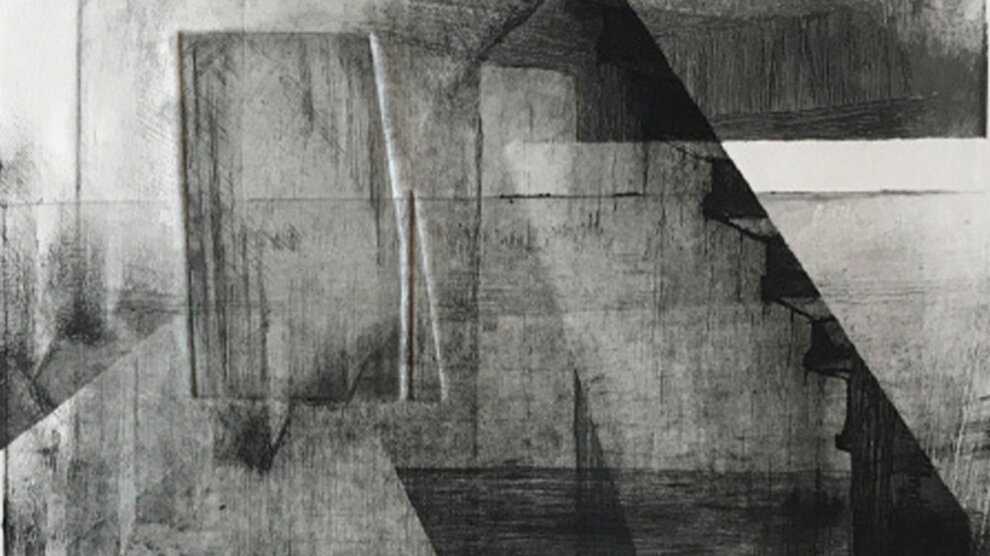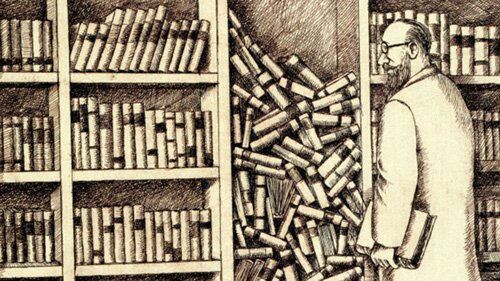Inaccessible Normative Pluralism and Human Rights in Afghanistan

In anthropological and legal literature, the phenomenon termed 'legal pluralism' has been interpreted as a co-presence of legal orders which act in relation to their own 'levels' of referring 'fields'. The Afghan normative network is generally described in terms of pluralism, where different normative systems coexist: such as customs, shari'a (Islamic law), state laws and principles deriving from international standard of rights (e.g., human rights). In this article I abandon the neutral category of legal pluralism in order to bring forward a hypothesis of an inaccessible normative pluralism as a key concept in order to capture the structural injustices, of which Afghans are victims. Globally, the debates concerning the diffusion and application of human rights develop at the same time ideologically, politically and pragmatically. Today in Afghanistan these levels are expressed in all their complexity and ambivalence; it is therefore particularly significant to closely observe the work done by the Afghanistan Independent Human Rights Commission. Starting with my research fieldwork in Afghanistan (2005-2012) - where I studied judicial practices in the courts of Kabul, developing a reflection which weaves the spread of human rights with the themes of injustice and inaccessibility - I argue in this article the urgency and the necessity to concentrate on the contingent dimension of (in)justice.
The author
Antonio de Lauri received his PhD in anthropology in 2010 from Milano Bicocca University. He was visiting scholar at Columbia University (New York) and postdoctoral Fellow at the Fondation Maison des Sciences de l’Homme in the Fernand Braudel International Fellowships program for Experienced Researchers (2012). Since 2015, as part of his doctoral and postdoctoral studies, he has conducted long periods of research in Afghanistan where he observes the work of judges and prosecutors in the judicial institutions of Kabul. The themes on which he works include legal pluralism, humanitarian intervention, conflicts, human rights and judicial practice.
Reference
Antonio De Lauri. Inaccessible Normative Pluralism and Human Rights in Afghanistan.FMSH-WP-2012-21. 2012.





